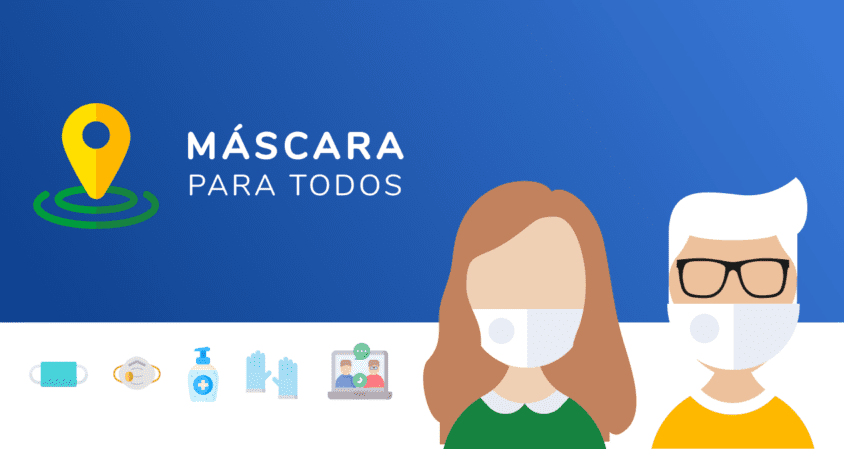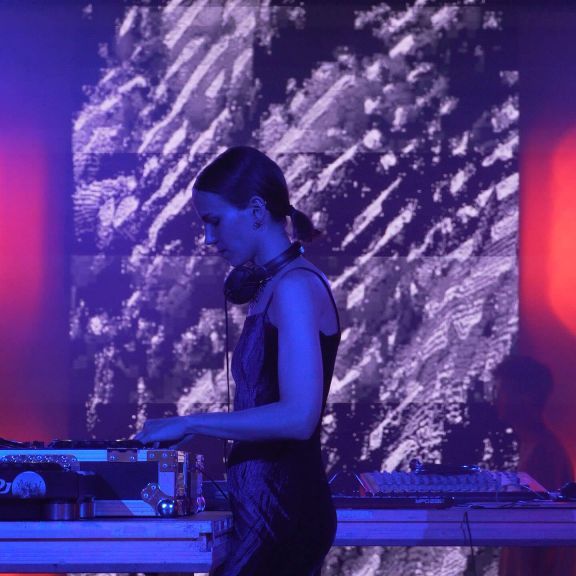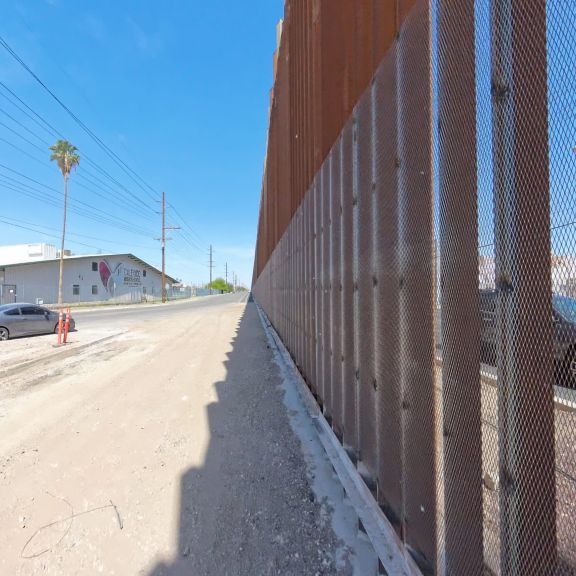
While Brazil is in Covid-19 free fall, people self-organise to protect themselves and offer help
Brazil has the world’s second-highest number of Covid-19 cases. In some cities, the dead are being buried in mass graves. Hospitals are on the brink of collapse. But some help is coming from a community map called Máscara para Todos for people to donate or sell masks, alcohol gel and gloves. The project also provides details on psychologists and mental health support services available in the area.
Máscara para Todos was founded by Odair Faléco, a Brazilian living in Prague, the Czech Republic. Together with his team – other Brazilians who are mostly UX designers and web developers – he voluntarily worked for weeks to translate, adapt and develop the community map. It has now more than 220 submissions and is growing.

In an interview with Outriders, Odair Faléco talks about the project, how it helps throughout the crisis, and why it is needed now more than ever.
Mascara para Todos is a gigantic map that connects people who are in need with those who can help. Explain how it works.
It is very easy: our goal is to connect both sides – a supplier and a client. If you produce masks, have alcohol gel to sell, or if you are a psychologist, you can go to our website, log in with Facebook and create your spot. It targets both businesses and ordinary people who can sell or donate their products in four categories: professional masks, self-made masks, alcohol gel and psychological help.

Why are those four categories? Are these products in the most urgent need?
The idea comes from the Czech Republic, where I am currently based. When the pandemic started, the country was quick to make masks obligatory to wear in public places. As a result, it caused a shortage of face masks, so people started sewing their cloth masks and distributing them. They also started adding places to a community map, through which others could buy or get masks. It was a tool created by a Czech startup Mapotic that specialises in such social map networks.
This experience was successful in the Czech Republic, so I felt the need to help my native country, Brazil, by offering the same tool for people to buy or sell the most needed protective equipment.
And psychological help.
Yes, it was based on the German experience at that time. Several psychologists lost their jobs because of the pandemic, while there’s a surge in demand for private psychology, so we created an opportunity for people to find a counsellor.
When I got in touch with Mapotic and asked for help, they were willing to share some of their prime features for free. My three friends and I had to work on adaptation, design, technical solutions. It was easy since we work as UX designers and developers, and we are also involved in a managerial process, so we knew how to make our work efficient and fast. And yet we worked for two weeks every day, sometimes at nights and on the weekend.
For free?
Yes, of course. Also, after my post on Facebook, people wrote to me offering help with translation.
When we began working on the project, I also started an information campaign so that people submit their content and we don’t launch with an empty map.
Apart from nearly 230 places, can you track engagement and requests that people send to suppliers and contributors?
No, the website doesn’t have an internal system of communication. People contact a business or a person directly since they leave their email or WhatsApp number. There’s no payment online or delivery system either.
How do you measure the project’s impact?
We received a great amount of positive feedback that this project is needed at the moment. The map is now growing by itself, and people spread information by word of mouth. However, we hope that there will be more places added to the map.
How do you make sure that there’s no internet fraud?
There is an ability to make a comment and rate a contributor on the website. If a person doesn’t deliver a product, you can report this to us, and we’ll delete the profile from our website. Also, a supplier is asked to publish pictures of their products. When it comes to psychologists, they need to post their digital identifier that every professional psychologist has in Brazil.
We expected that some people would use the tool – a free community map – to sell products that are not related to Covid-19, but it has not happened. I check the map and new submissions regularly, and people post responsibly.
Did you introduce any security measures?
We urged people to share their information and location when they go to pick up a product. But people are vigilant and cautious because security is a big issue in Brazil.
Were there any incidents related to security?
No, we are not aware of any.
How do you see the future of Máscara para todos?
We knew that it would be a temporary project. But while the Czech Republic can say goodbye to a Covid-19 community map, Brazil needs it now more than ever. The coronavirus reaches overcrowded favelas where families are living in one room, which means it’s a complete disaster for them.
Coronavirus cases in Brazil have skyrocketed in recent weeks; hospitals are overloaded. At the same time, President Jair Bolsonaro, the far-right populist, continues to undermine social distancing by attending rallies and visiting shops. On top of it, there are fake news and lack of critical thinking, and you will see that the situation can’t be worse.






















